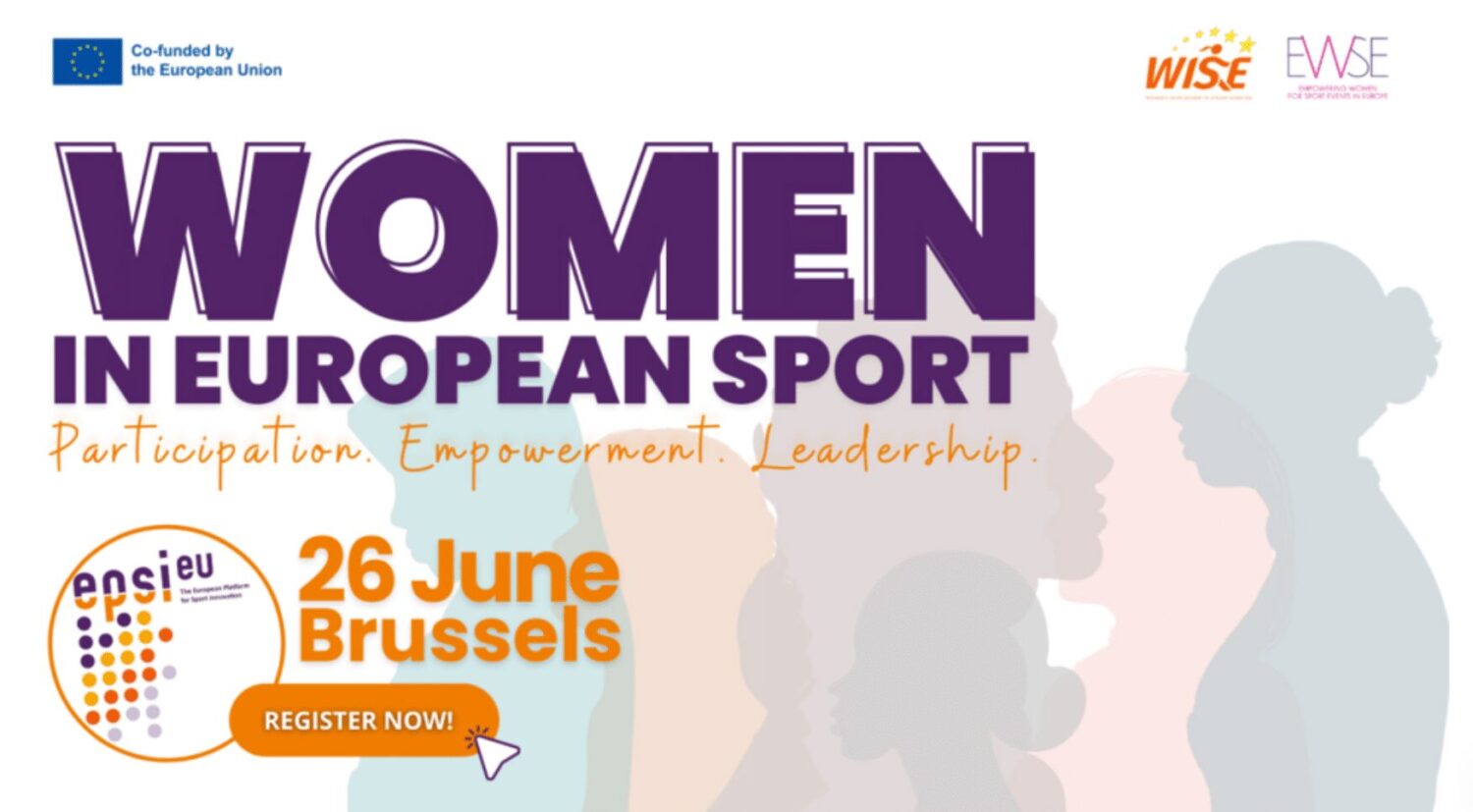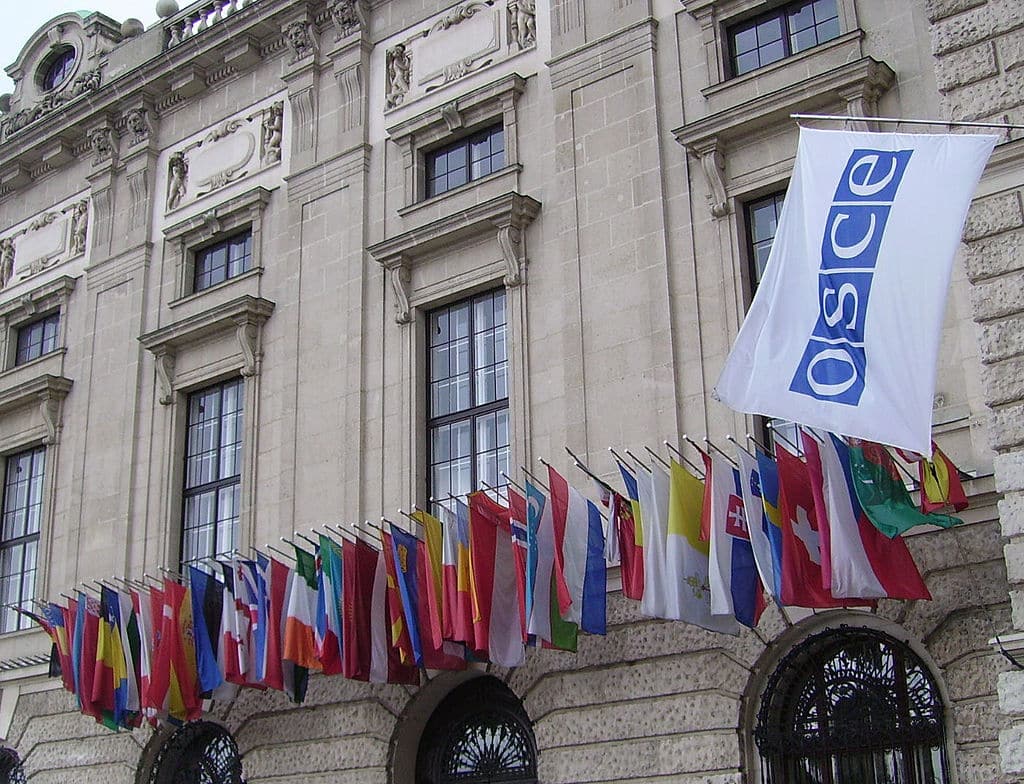“Whilst many challenges and risks lie ahead, there are also many opportunities, and I urge all international partners to lean in and provide additional support to the people,” said the UN Secretary-General’s Special Representative for Somalia Catriona Laing.
Regarding current security conditions, Ms. Laing, who also heads the UN Assistance Mission in Somalia (UNSOM), raised concerns about terrorist attacks as well as violence, including in Laascaanood, the capital of the Sool region, long disputed between “Somaliland” and Puntland.
Clashes there between “Somaliland” forces and local Dhulbahante clan militia continued at varying levels of intensity, causing significant casualties, destruction of infrastructure and displacement of civilians, according to the UN Secretary-General’s latest report on the situation.
To date, there have been 308 civilian casualties, with 36 people killed and 272 injured, she said.
Commending efforts by all parties and the Security Council to bring about a ceasefire, she pledged UNSOM’s support towards a peaceful way forward.
Catriona Laing, Special Representative of the UN Secretary-General for Somalia, briefs the Security Council.
Gains made
Reporting several positive political developments, she highlighted the Government’s “significant progress” in advancing key national priorities, including the electoral process, and its leadership in the fight against terrorism.
Efforts have dislodged the terrorist group from parts of the country “but, Al Shabaab remains a significant threat,” Ms. Laing cautioned, pointing to a resurgence of attacks, including the deadly incident at the Pearl Beach Hotel in early June.
“The first three months of 2023 also saw the highest number of improvised explosive device attacks since 2017,” she said.
More support needed
Ongoing stabilization activities related to Al Shabaab will require support, she said, adding that UNSOM has stepped up its response in this regard.
“The challenge remains the sustainability of these gains,” she added.
Efforts to stabilize areas recovered from the terrorist group will require ongoing security, basic services, reconciliation, and long-term political and State-building processes, she said.
Outlining a three-phase transition plan, she said an overriding driver is in the security sector, which must be considered alongside plans for the possible drawdown of the UN Support Office in Somalia (UNSOS) and the eventual handover of UNSOM to the UN Country Team.
Going forward, she outlined priorities for the rest of 2023, which include a lead role for UNSOM in galvanizing the international community’s efforts on stabilizing the country, supporting the State-building process, and resolving the conflict in Laascaanood.
Precarious living conditions
Meanwhile, the humanitarian situation remains “precarious”, she said. While the current operation against Al Shabaab has contributed to improving security, she said that from January to March, 430,000 people have been displaced by violence and 580,000 people live in areas controlled by non-State armed actors.
In addition, climate shocks are becoming more severe, and women still need appropriate representation in the political, peace, and security fields, she warned.
“Their representation needs to be codified,” she said, pointing to Somalia’s failure to fulfill its commitment to ensure a 30 per cent quota of women represented in federal elections.
Cindy McCain, Executive Director of the World Food Programme, briefs members of the Security Council on the situation in Somalia.
Food insecurity
Executive Director of the World Food Programme (WFP) Cindy McCain, said the violence and instability scarring the country has destroyed much of the infrastructure needed to support food production and distribution.
“Somalia was hauled back from the abyss of famine in 2022 because the international community saw the warning signs flashing red and raced to respond,” she said. “But, now we are in danger of losing the precious gains we have made since those dark days last year.”
Recalling a recent country visit, she said violence, fear, and starvation “are a daily reality there”, with mothers she spoke to recounting entire livestock herds wiped out by drought and terrorist groups recruiting children as young as 11.
Growing emergency
Since the start of 2022, conflict has triggered over one million internal displacements, and climate disasters have fuelled a further 2.1 million displacements over the past three years, she said.
The latest food security data show that food insecurity is spiralling across Somalia, with more than 6.6 million people – one third of the population – expected to face crisis or worse levels of hunger, including 40,000 people fighting for survival in famine-like conditions.
Even worse, 1.8 million children are expected to suffer acute malnutrition in 2023, she said.
Highlighting an action plan to address the serious and growing emergency, she said collective efforts must ensure safe aid deliveries, with the Security Council leading to secure unimpeded humanitarian access to all vulnerable communities in Somalia.
Breaking vicious cycles
In addition, food assistance must be matched with investments to rebuild livelihoods, strengthen resilience, and support climate adaptation programmes, she said.
She called on Member States to immediately contribute to the country’s humanitarian response plan, which is seriously underfunded.
“At WFP, we’re being forced to cut back on our life-saving assistance programmes, just when they’re needed the most,” she said, adding that the agency had, in April, reduced assistance to 3 million from the 4.7 million people it was serving each month.
“Without an immediate cash injection, we will have to cut distribution lists again in July to just 1.8 million per month,” she said, emphasizing that with the required funding, WFP will “reverse these life-threatening cuts” and continue supporting the millions who rely on the agency for survival.
She said these “proven solutions” are the only way to finally break the vicious cycle of hunger and poverty.
“We all have to work together to find political solutions to create stability and peace in Somalia,” she said. “This is what the exhausted people of Somalia want and need, above all.”
For more details on this and other meetings occurring throughout the UN system, visit our dedicated UN Meetings Coverage page.














